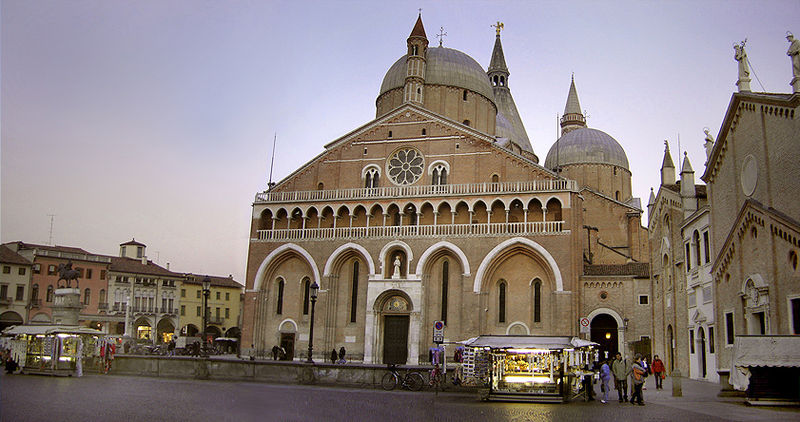Johannes Ciconia (Johannes Ciconia)

Composer, Theorist. An important figure in music’s transition from the Medieval to Renaissance periods. Belgian by birth, he spent most of his life in Italy and his surviving output blends Franco-Flemish and Italian inflences. This was a step in the growing “internationalism” that had its first great synthesis under Guillaume Dufay. Ciconia was born in Liege, the illegitimate son of a priest, and trained as a choirboy there. In 1391 he was in Rome, where Pope Boniface IX personally absolved him of the sin of illegitimacy and enabled him to gain a position in the chapel of Cardinal d’Alencon. From 1401 until his death he was a chaplain at the Cathedral of Padua; the majority of his compositions date from that period. Noble patrons commissioned music from him and he received several church benefices, testifying to his reputation as an artist. He probably died a fairly wealthy man. Ciconia wrote in all the sacred and secular forms of his day. His 38 known works include 10 Mass movements, eight motets, Italian madrigals and ballads, French songs (the three-voice “Sus une fontayne”), and a Latin canon. Pieces in other genres have been attributed to him. He also wrote two theoretical treatises, “Nova music” and “De proportionibus”, practical overviews of contemporary music trends. Apart from selections on anthology discs, Ciconia’s “Complete Works” have been recorded twice, the second time to commemorate the 600th anniversary of his death in 2012. (bio by: Bobb Edwards)
Born
- January, 01, 1970
Died
- July, 07, 1412
Cemetery
- Basilica of Saint Anthony
- Veneto
- Italy

